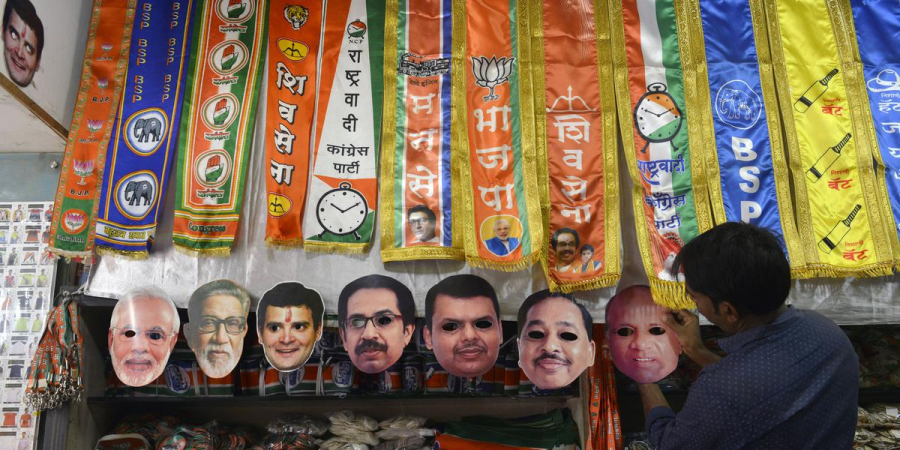

The term "cult of personality" refers to a situation where a leader becomes the focal point of admiration, often eclipsing institutions, policies, or ideology. In Indian politics, this phenomenon has deep roots and continues to play a pivotal role in shaping political landscapes. From the early days of independence to contemporary times, Indian leaders have often cultivated personal charisma to garner mass support, sometimes leading to a dangerous erosion of democratic institutions and processes.
India's political history is replete with towering figures whose charisma and public appeal have dominated the national consciousness. The most notable among them is Jawaharlal Nehru, the country's first Prime Minister, who was venerated not just for his leadership but also for his intellectual stature and vision. Nehru’s image as a modernist and an idealist found resonance among millions, often making him synonymous with India’s early post-independence identity.
Subsequent leaders like Indira Gandhi exemplified the cult of personality to a greater extent. Dubbed the "Iron Lady of India," her decisive actions, including the nationalization of banks and the imposition of the Emergency (1975–77), polarized public opinion but solidified her as a leader whose will defined her era. Her slogan, “Indira is India, India is Indira,” epitomized the intertwining of her personality with the nation’s destiny.
In modern India, the cult of personality has become more pronounced with advancements in media and technology, especially social media. Leaders like Narendra Modi have leveraged these platforms to build an almost unparalleled personal brand. Modi’s rise from a tea seller to Prime Minister has been central to his narrative, often overshadowing party ideology or collective leadership. His persona as a strong, decisive, and relatable leader appeals to a vast section of the population.
Regional leaders, too, have cultivated strong personal brands. Figures like M. Karunanidhi and Jayalalithaa in Tamil Nadu, Mamata Banerjee in West Bengal, and Yogi Adityanath in Uttar Pradesh have fostered intense loyalty among their supporters. Their ability to project themselves as protectors of their respective states or communities often transcends the policies they implement.
Cultural Factors: Indian society’s historical reverence for charismatic leaders and authority figures creates fertile ground for the emergence of personality cults. This is reinforced by religious and mythological traditions that emphasize hero-worship.
Weak Institutions: In cases where democratic institutions are not strong or assertive, leaders often fill the vacuum by projecting themselves as the sole guardians of the people’s welfare.
Media Amplification: Television, radio, and now social media platforms have enabled leaders to craft narratives that directly appeal to the masses. Carefully curated campaigns, photo ops, and slogans have elevated personalities to a near-mythical status.
Electoral Strategy: Indian elections are increasingly personality-driven. Voters often identify more with a leader than with a party or its manifesto, leading political organizations to focus heavily on a single figure.
While the cult of personality can galvanize people and bring about rapid political mobilization, it has its downsides:
Weakening of Institutions: Excessive focus on individuals undermines the role of democratic institutions, including legislatures and the judiciary, as leaders seek to centralize power.
Policy Overshadowed by Persona: Policies often take a back seat to the projection of a leader’s image, leading to governance that prioritizes optics over substance.
Polarization: Personality cults often polarize societies, as they create a dichotomy of loyalists and detractors, leaving little room for balanced critique.
Erosion of Collective Leadership: Political parties become dependent on one individual, weakening internal democracy and long-term sustainability.
The cult of personality is a double-edged sword in Indian politics. While charismatic leaders can inspire and unite people, the excessive focus on individuals risks undermining democratic principles and institutions. As India continues to evolve as a democracy, balancing the appeal of strong leadership with the strengthening of institutions will be critical for ensuring long-term political stability and development.
